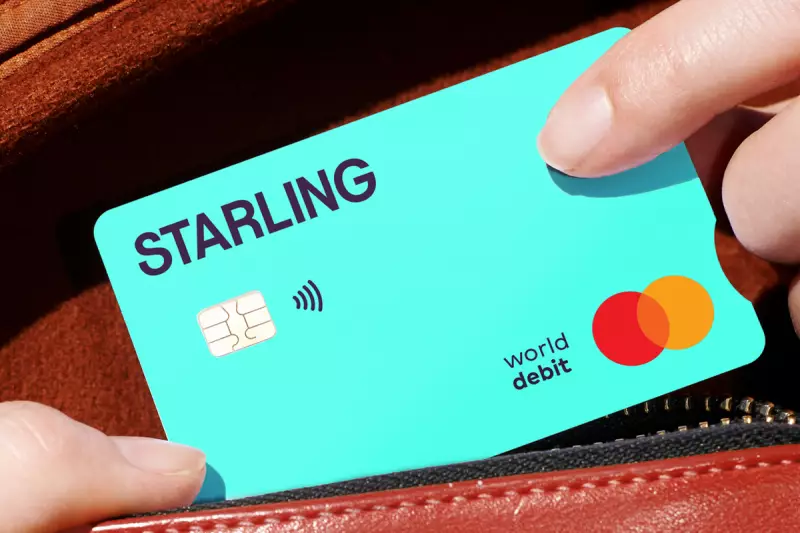
In a bold move that highlights growing tensions between financial institutions and social media giants, Starling Bank has pulled all advertising from Meta's platforms including Facebook and Instagram. The digital bank's decision comes after what it describes as repeated failures to tackle sophisticated financial scams targeting UK consumers.
The Breaking Point
Anne Boden, Starling's founder and CEO, revealed the bank had reached "the end of our tether" with Meta's approach to scam prevention. The final straw came when the social media giant requested Starling pay for additional verification badges, despite the bank's legitimate status as a fully regulated financial institution.
"We cannot, in good conscience, pour money into a platform that we believe is failing in its duty to protect consumers from financial harm," Boden stated in an exclusive interview.
An Industry-Wide Problem
Starling's move reflects broader industry concerns about the proliferation of financial scams on social media platforms. According to recent data from UK Finance:
- Investment scams increased by 49% in the first half of 2022
- Social media platforms are now the primary channel for initiating fraud
- Victims lost an average of £11,872 to investment scams in 2021
Other major banks, including TSB and Lloyds, have previously raised concerns about Meta's handling of financial fraud, with TSB calling for a "polluter pays" model that would hold platforms accountable for scams originating on their services.
Meta's Response and Ongoing Challenges
While Meta claims to have invested heavily in scam detection and prevention, financial institutions argue the measures remain insufficient. The company states it removes billions of fake accounts annually and has implemented various verification systems.
However, critics point to the sophisticated nature of modern financial scams, where fraudsters often use stolen imagery and create convincing fake profiles to lure victims into fraudulent investment schemes.
What This Means for Consumers
The standoff between Starling and Meta highlights several critical issues for UK banking customers:
- Increased vigilance: Consumers must be increasingly wary of financial offers on social media
- Platform responsibility: Questions about who should bear responsibility for preventing online fraud
- Industry pressure: Whether other financial institutions will follow Starling's lead
As Boden succinctly put it: "When a platform knows about criminal activity but doesn't do enough to stop it, they become complicit in the harm caused to consumers."
The Road Ahead
The financial services industry is watching closely to see if Starling's decisive action will prompt meaningful change in how social media platforms handle financial scams. With online fraud continuing to rise, pressure is mounting for both regulatory intervention and industry self-regulation.
For now, Starling customers will notice their bank's absence from Facebook and Instagram feeds, as the challenger bank takes a stand that could reshape the relationship between finance and social media.





